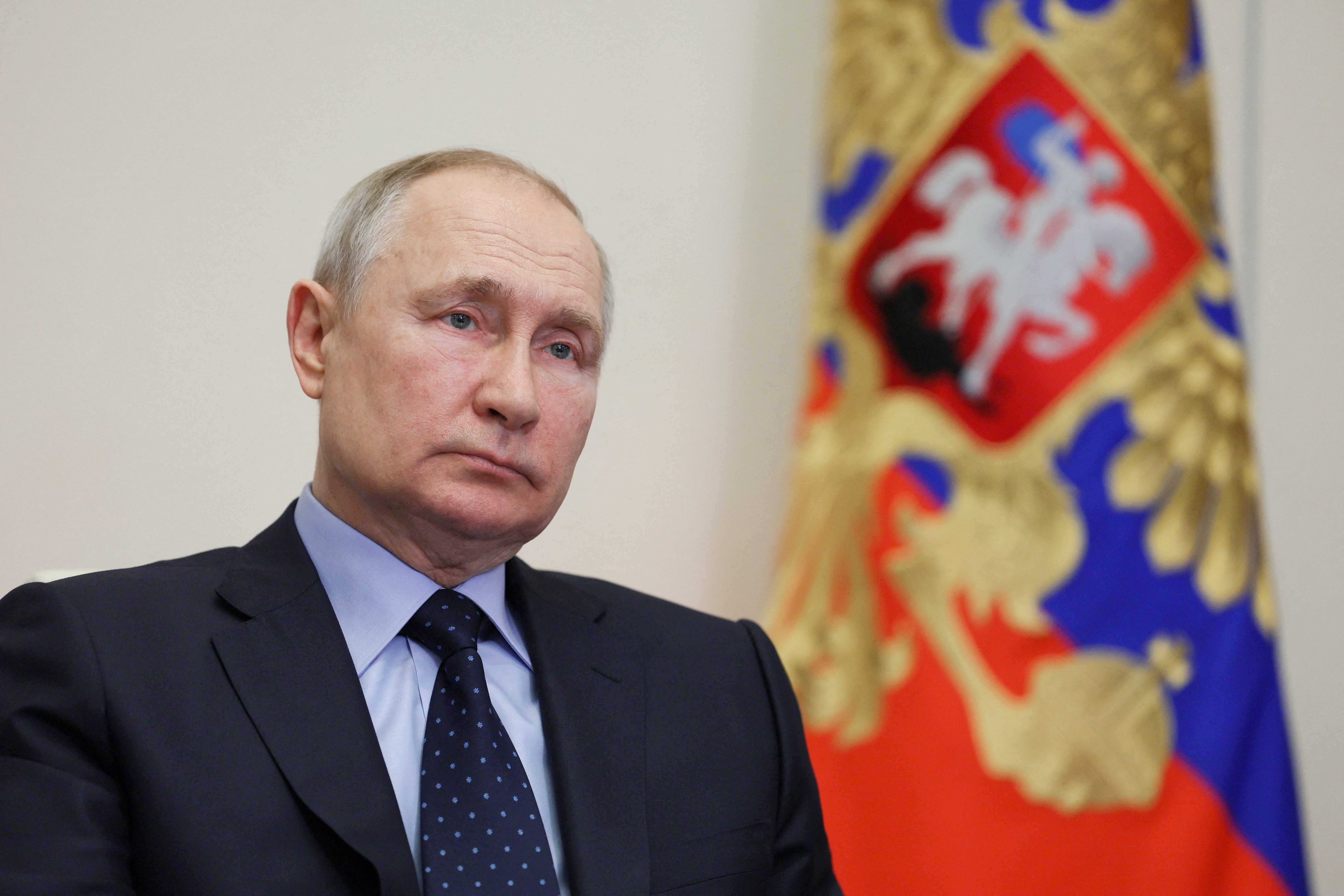It took a little while, but Russia’s economy is finally starting to unravel thanks to hard-hitting Western sanctions, according to a new Wall Street Journal report.
For much of the past year, there has been a seeming disconnect between the state of Russia’s economy and the scope of punitive measures imposed on Moscow by the US and its allies. But the slow burn of sanctions – many of which only came into force over the past few months after lengthy negotiations among allies – is now finally being felt by the Russian economy.
High global energy prices during the first half of 2022 kept Russia’s economy afloat, and its gross domestic product dropped by a lower-than-expected 1.1% when many analysts had initially anticipated a sanctions-linked contraction of up to 15%.
What’s more, it took a while for Europe to kick its Russian natural gas habit. For the first six months of 2022, major European economies continued to pump money into Russia’s war machine.
Similarly, the G7 and EU price cap on Russian gas – a bloc-wide ceiling on the price of Russian gas bought by EU energy companies – only came into effect in Dec. 2022 along with the EU ban on seaborne Russian crude oil.
The US has now surpassed Moscow as the main supplier of crude oil to the EU. Consider that before the war, Russia accounted for around one third of the bloc’s imports, while the US trailed at 13%.
Consequently, the Kremlin’s energy revenue dropped by nearly half in the first two months of this year compared to the same period in 2022. The country’s budget deficit is also ballooning as the Kremlin continues to pump money into its military-industrial complex – and into that of its ally, Iran.
Meanwhile, brain drain as a result of talented Russian professionals gradually fleeing the Kremlin’s autocracy is also hurting economic output.
Even Russia’s political elite now say things are looking bleak, with oligarch Oleg Deripaska warning that the country could run out of cash by next year unless friendly countries step in to help.
China and India, meanwhile, continue to buy large quantities of Russian oil, though at a significant discount.
